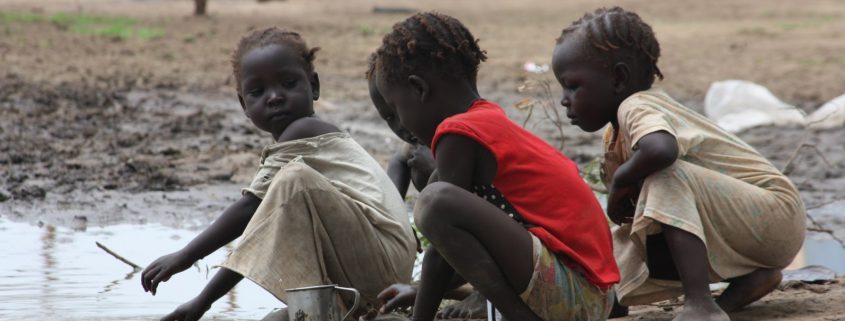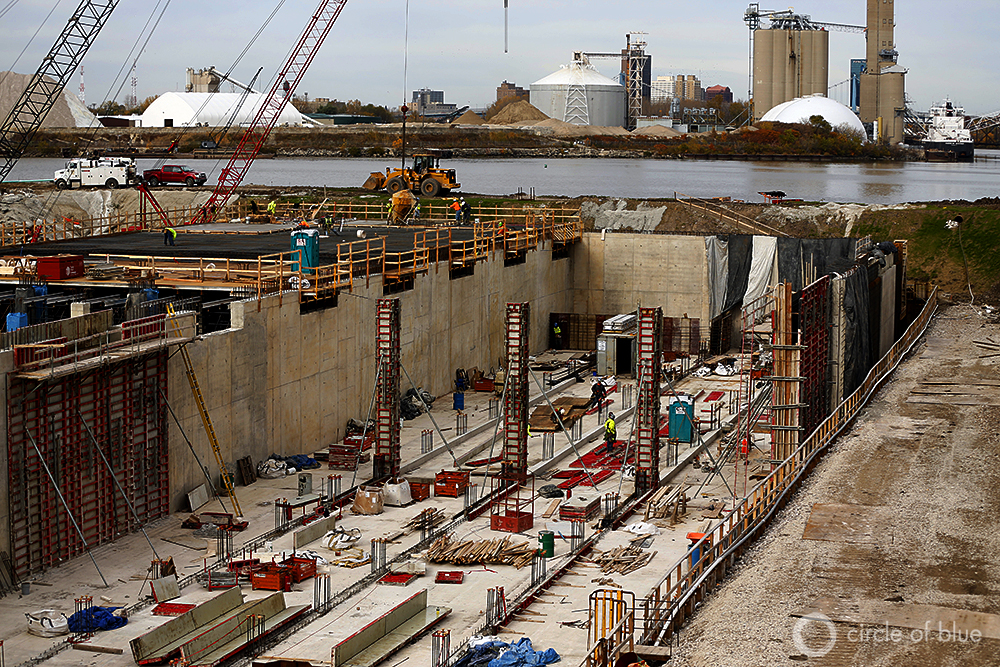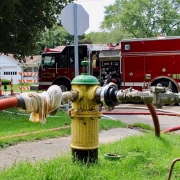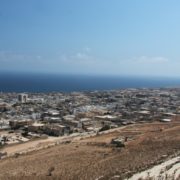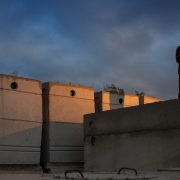HotSpots H2O, May 30: Millions of Children in MENA Conflict Zones Lack Safe Water
The Global Rundown
Conflict in the Middle East and Africa is preventing 24 million children from accessing safe water and sanitation. Misguided water management projects are causing lakes and rivers in Africa’s Sahel region to run dry, prompting conflict and out-migration. Lack of clean water is the greatest challenge facing many Yemeni civilians. Raw sewage is pouring into the Mediterranean Sea after political tensions in Gaza led to widespread electricity cuts. Increasing food and water shortages could exacerbate the risk of conflict in the Middle East and Africa, according to a draft report submitted to NATO last week.
“The long-term prospects for food and water security in the MENA region are dire. The region is home to 5 percent of the global population, but has access to just 1 percent of the world’s renewable water supply.” –Osman Askin Bak, author of a draft report on food and water security in MENA. The report was discussed by NATO’s Parliamentary Assembly last week alongside a separate report on assessing the risks of climate change in the region. Lawmakers believe that climate change will heighten resource scarcity, which could exacerbate instability throughout the region. Relief Web
By The Numbers
14.5 million Estimated number of people in Yemen who lack adequate access to safe water. Conflict has damaged infrastructure and restricted movement in the country, leading to limited water supply, poor sanitation, and the spread of waterborne diseases such as cholera. Relief Web
24 million Number of children in conflict zones in the Middle East and Africa who do not have sufficient health services, water, or sanitation. Areas where children are most affected include Yemen, Syria, the Gaza Strip, Iraq, Libya, and Sudan. Relief Web
Science, Studies, And Reports
Ill-advised water management projects have led to man-made water scarcity in the Sahel region of Africa, according to a report from Wetlands International. Dams, irrigation withdrawals, and other attempts to manage water in the region have instead created conflict and out-migration as lakes and rivers run dry. Relief Web
On The Radar
A quarrel between Israel and the Palestinian Authority has left thousands in the Gaza Strip with limited electricity and mounting water issues. Electricity is only available for a couple hours every day in Gaza, which greatly restricts water supply. The lack of power also stops sanitation plants from operating, leaving tons of raw sewage flowing into the Mediterranean each day. The dispute is at risk of escalating further in coming weeks. UN News Centre
Kayla Ritter is a recent graduate of Michigan State University, where she studied International Relations and Teaching English to Speakers of Other Languages. She is currently based in Manton, Michigan. Kayla enjoys running, writing, and traveling. Contact Kayla Ritter

